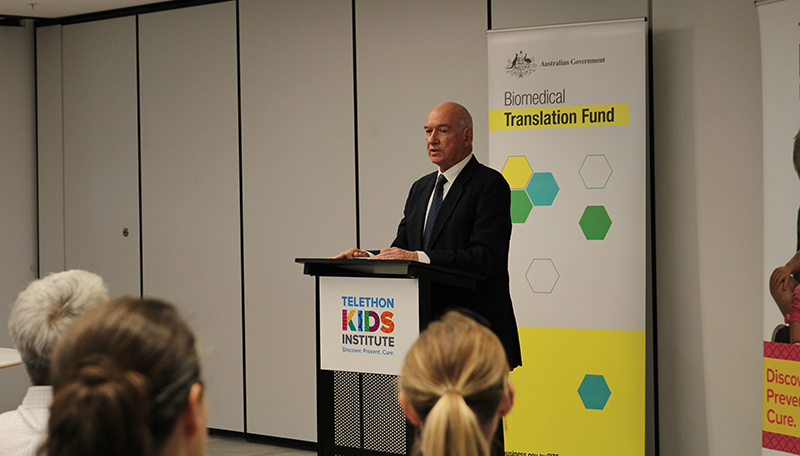Search
Showing results for "Au"
Research
Mental health profiles and academic achievement in Australian school studentsThis study explored mental health profiles in Australian school students using indicators of well-being (i.e., optimism, life satisfaction, and happiness) and psychological distress (i.e., sadness and worries). The sample included 75,757 students (ages 8-18 years) who completed the 2019 South Australian Wellbeing and Engagement Collection.
Research
"What about us?"- the drawbacks of current bruxism assessment criteria in evaluating vulnerable groupsJenny Helen Kingsley Downs Leonard Wong BApplSci (physio) MSc PhD MBChB MPH MBBS, MPH, MMedStat Head, Child Disability Principal Research Fellow
Research
Physical activity behaviors in trans and gender diverse adults: a scoping reviewThere is currently limited data regarding the physical activity behaviors of trans and gender diverse people (including binary and non-binary identities; henceforth trans). The aim of this review was to synthesize the existing literature in this area, with a focus on physical activity behaviors as they relate to health (e.g. health benefits, risks of adverse health outcomes).
Research
Sensitization to immune checkpoint blockade through activation of a STAT1/NK axis in the tumor microenvironmentOur results identify a pretreatment tumor microenvironment that predicts response to immune checkpoint blockade, which can be therapeutically attained
Research
Poverty, Parental Mental Health and Child/Adolescent Mental Disorders: Findings from a National Australian SurveyThe purpose of this study is to examine the association between poverty and child mental disorders

News & Events
Custom mental health app empowers new mums with lifelong wellbeing skillsORIGINS Co-Director, Dr Jackie Davis, collaborated with researchers at The Kids to develop and pilot the Mums Minds Matter study.
Research
Altered immunity and dendritic cell activity in the periphery of mice after long-term engraftment with bone marrow from ultraviolet-irradiated miceTo investigate the immune capabilities of peripheral tissue DCs generated in vivo from the BM of UV-irradiated mice, chimeric mice were established.
The Rio Tinto Children’s Diabetes Centre; a Breakthrough T1D Centre of Excellence at The Kids Research Institute Australia and Perth Children’s Hospital (PCH), is a global hub for research into type 1 diabetes (T1D) in children.

News & Events
Young minds really do matterThe Young Minds Matter survey has shown mental health services should be overhauled to ensure they are tailor-made to meet the needs of a new generation.

News & Events
MRCF launches Perth-based biotech developing new treatment for Cystic FibrosisA The Kids Research Institute Australia spin-off company has received $20 million from the Medical Research Commercialisation Fund to develop a promising new therapy for the treatment of Cystic Fibrosis.
